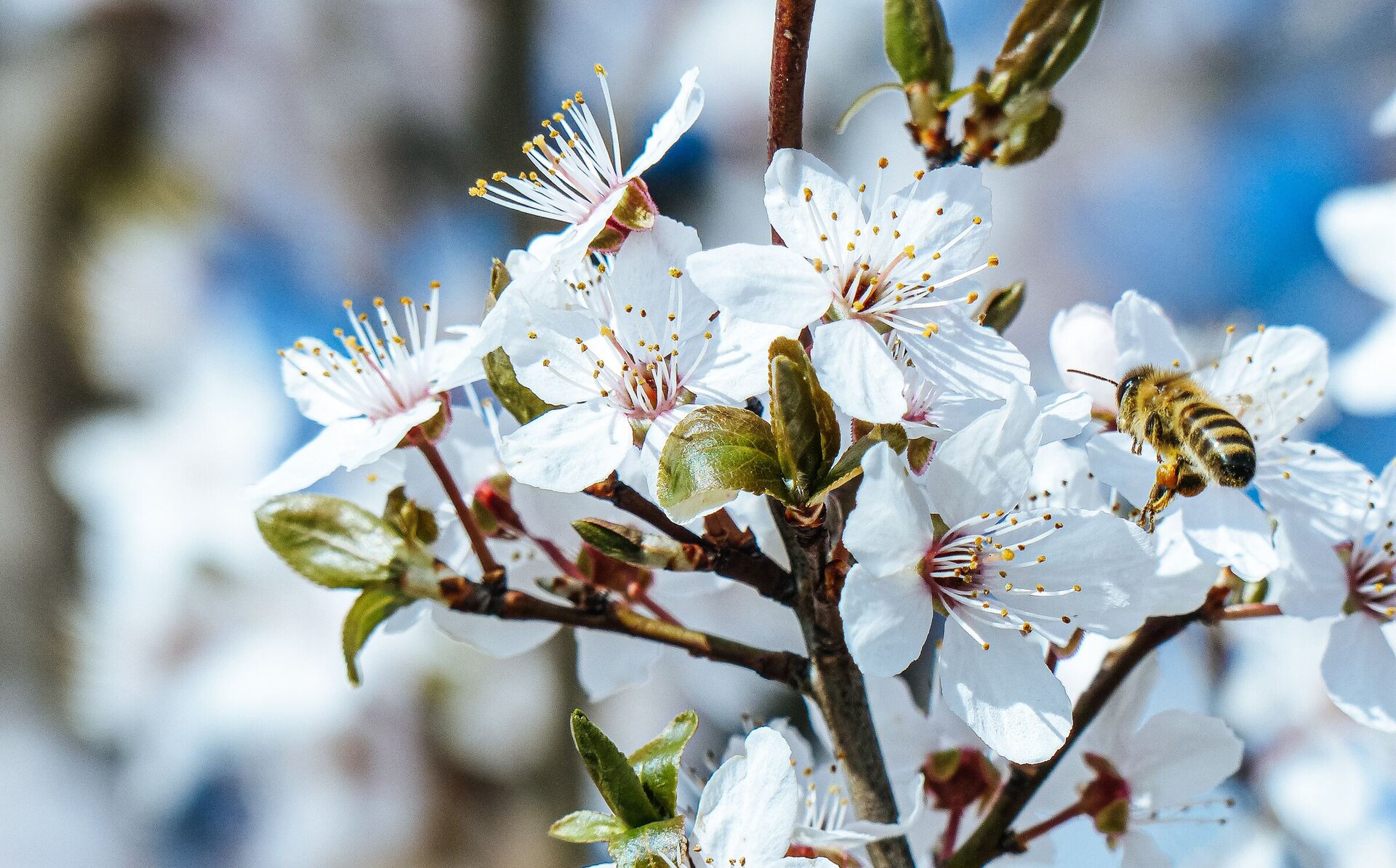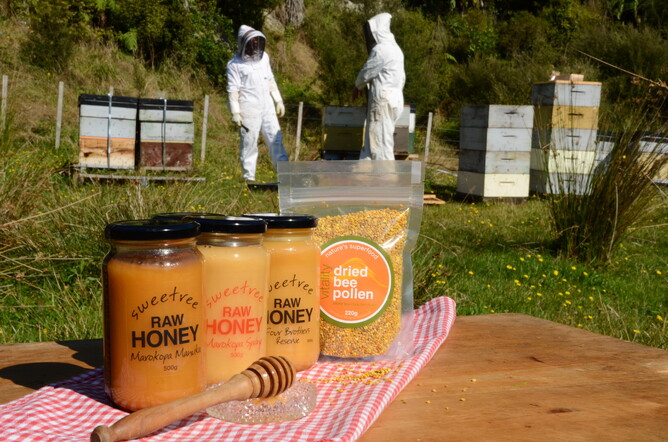Honey has provided a sweet opportunity for Stephanie Lynch to be a stay-at-home mum for her two sons, and enjoy the challenges and stimulation of operating a small business.
Together with beekeeper and energy management consultant husband Martin, she runs Sweetree Honey from their home in Horsham Downs.
Stephanie had been working for an IT company, producing marketing videos to showcase its new software but felt she was missing out on quality time with Daniel (10) and Matthew (8). Now she is using her marketing and IT skills to promote and sell the unique range of honeys, pollen and propolis produced from 150 hives, online, through a number of retail shops and direct to the public at farmers markets.
Friends Harald Aalderink and his daughter Isa help with the farmers’ market sales – and the face-to-face contact with customers is an aspect of the business they all enjoy.
Sweetree has won a Farmer's Markets Taste Award two years in a row and its Hakarimata honey won silver; and bee pollen won a bronze at the National Beekeepers Association honey show in 2012. The company’s honey also appears in Master Chef judge Simon Gault’s new cookbook ‘Homemade’.
Martin has been keeping bees since he was 11, learning from his father, and he continued in a small way through his university years, but always as a hobby.
When he and Stephanie moved to Horsham Downs in 2003 they expanded hive numbers to collect bee pollen for selling to wholesalers. Now hive numbers have increased again and they harvest around four tonne of honey a year.
As a point of difference, Sweetree honeys aren’t blended. “The bees have access to a wide range of flowering plants, and honeys from different areas are not blended with each other, meaning customers can choose a honey based on the location shown on the jar, such as Horsham Downs, Marokopa, Four Brothers Reserve and Hakarimata, with each having its own special characteristics.”
The 2013 honey Marokopa manuka honey has been tested at Hills Laboratory and found to have a beneficial bacterial activity of 5+. Manuka honey is sought after for its natural antibacterial, anti-fungal and anti-inflammatory properties.
Stephanie and Martin have also begun producing propolis, currently on a small scale, from their hives. Bees collect sticky resins and gums from trees and add special antibacterial properties to create propolis. It is used in the hive to block up holes, as an antiseptic, and to guard the hive against disease.
Bee propolis, which has been used by humans for centuries for healing, invigorates the immune system.
Caring for the health of the bees as well as the quality of their product is important to Stephanie and Martin, who leave enough honey in the hives to feed the bees through winter.
Once harvested, the honey is extracted in a local honey house and bottled into glass. “I don’t like the idea of putting a food, especially one as pure as honey, into plastic,” says Stephanie. Clients often return the jars but sterilising them for re-packaging honey is not straightforward, so Stephanie puts them to another use.
Together with other members of the Horsham Downs Rural Women group, she collects surplus fruit from friends and neighbours and makes jams and preserves for the local food bank or to sell to raise funds for charities.
“We call ourselves the ‘Horsham Downs Honeys’ and I’m probably the youngest in the group. We have a lot of fun, and collectively, there’s a lot of knowledge about home preserving and jam making,” says Stephanie.







